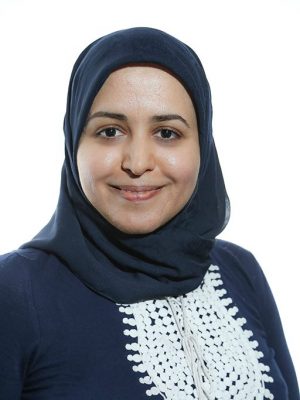
Reyhaneh Jabbarvand
University of California, Irvine
PhD Candidate
Reyhaneh Jabbarvand is a PhD candidate in the Donald Bren School of Information and Computer Sciences at the University of California, Irvine (UCI), advised by Prof. Sam Malek. Her research interests include analysis and testing of mobile apps to address security and energy issues. She has been awarded the Google PhD Fellowship in Programing Technology and Software Engineering for her work on advancing energy testing of Android. She is the lead author of several publications that have appeared in top Software Engineering venues, including ICSE, FSE, and ISSTA.
Reyhaneh was the first one who explored the usage of testing to assess energy behavior of mobile apps. Also, she was the first one, who constructed a comprehensive energy defect model for Android by identifying a large number of energy anti-patterns. Her proposed techniques helped reveal 15 types of previously unknown energy defects in Android apps, which were fixed by the patches she provided to their developers.
Research Abstract:
My research interests are in the area of Software Engineering with a focus on developing new techniques to produce energy efficient software. I leverage Program Analysis, Articial Intelligence, Machine Learning, and Integer Programming to address energy efficiency problems in the area of mobile apps.
To properly characterize the energy consumption of an app and identify energy defects, it is critical that apps are properly tested. However, currently there is a lack of testing tools for evaluating the energy properties of apps. As a result, for energy testing, developers are relying on tests intended for evaluating the functional correctness. My research tries to answer the following questions: Are such tests adequate for revealing energy defects in apps? If not, what are the properties of tests that can effectively find energy inefficiencies in apps? How can we automatically generate such tests and how to automatically determine whether such tests can reveal energy defects?